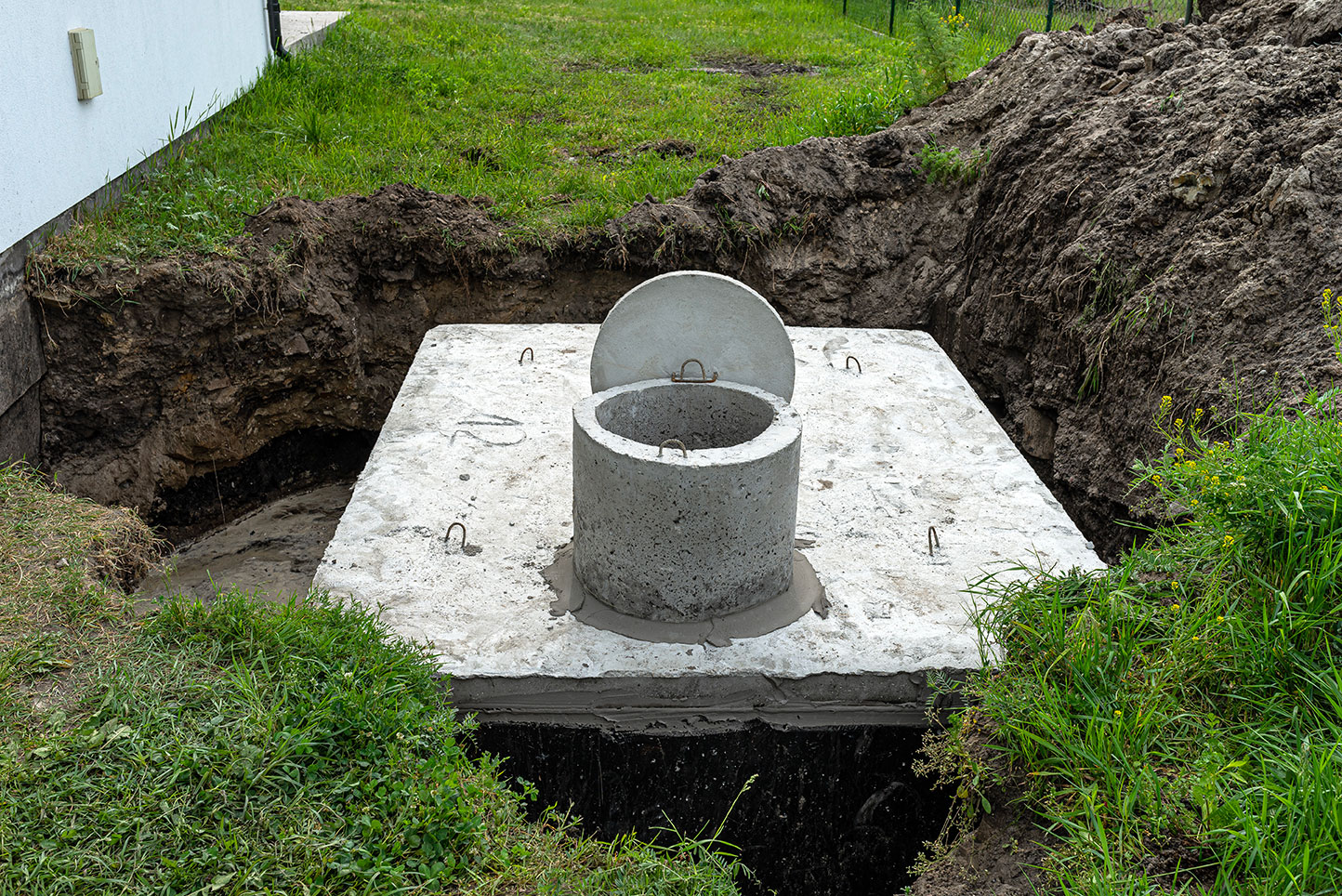The Science and Practice of Residential Septic Systems: Ensuring Longevity and Efficiency
Introduction
Residential septic systems are crucial for maintaining a clean and safe environment, processing waste, and ensuring efficient operation. Their long-term effectiveness depends on their comprehension and upkeep. Access to reliable septic pumping services and regular maintenance prevent unexpected issues and extend the system’s lifespan. Balancing science and practical care is essential for successful management, and understanding natural biological processes and adopting best practices can enhance a septic system’s efficiency and durability.
Understanding How Septic Systems Work
The septic tank, drain field, and soil absorption area are the three parts of a traditional septic system. Wastewater exits the home and enters the tank, where it forms sludge and scum. The partially clarified middle layer exits into the drain field, where soil treats and filters the water using microbes to break down harmful bacteria and pathogens. Understanding these processes and the microbial ecosystem is crucial for proper septic system repair.
Common Septic System Issues and How to Prevent Them
The most frequent septic system problems stem from blockages or leaks, which can escalate into more severe issues if unaddressed. Overflow or improper drainage often results in unpleasant odors and potential health hazards. These problems can usually be traced back to habits within the household, such as disposing of non-biodegradable items down the drain or excessive water usage.
To avoid these common pitfalls, homeowners should adopt practices like water conservation and refrain from introducing damaging chemicals into the system. The EPA’s guide to septic systems emphasizes the importance of proactive measures, including regular inspections and maintenance. Such vigilance can help identify potential issues early, allow for timely interventions, and avoid expensive repairs.
Maintenance Tips for Optimal Septic System Performance
A well-maintained septic system operates efficiently and has a longer lifespan. Regular inspections detect leaks and anomalies, and homeowners should balance water usage to prevent premature failure. Scheduled professional inspections, ideally every three to five years, ensure system functionality. Combining these with professional pumping services helps remove accumulated sludge and scum from the drain field.
Innovations in Septic Technology That Enhance Efficiency
Technological advancements in septic systems are enhancing efficiency and environmental friendliness. Aerobic treatment units introduce oxygen, accelerating waste decomposition and improving system performance. These systems are particularly beneficial in areas with soil permeability issues. Eco-friendly systems integrate sustainable practices with improved waste management capabilities. Innovative septic technologies are paving the way for more effective waste treatment solutions.
Environmental Considerations Surrounding Septic Systems
Septic systems are crucial for treating wastewater but can pose environmental risks if improperly maintained. Failures can lead to groundwater contamination and habitat damage. Homeowners can minimize these risks by choosing environmentally friendly products and avoiding improper disposal practices. Adopting eco-friendly habits like biodegradable cleaning agents and conserving water can reduce harmful consequences and contribute to overall ecological well-being.
Addressing Regulatory Requirements and Standards for Septic Systems
Septic systems are subject to various regulatory requirements and standards to uphold public health and environmental safety. Homeowners must understand these regulations to ensure systems are compliant and operational within legal parameters.
These regulations dictate proper installation, maintenance routines, and acceptable treatment processes. By staying informed about these requirements, homeowners can avoid potential legal disputes, contributing to a healthier environment for their community.
Conclusion: The Future of Residential Septic Systems
Ultimately, the importance of septic systems in residential waste management cannot be overstated. As technology evolves and knowledge expands, homeowners are increasingly empowered to maintain their systems effectively. Adopting best practices and staying open to new technological advancements ensures system efficiency and contributes positively to the environment.











Post Comment